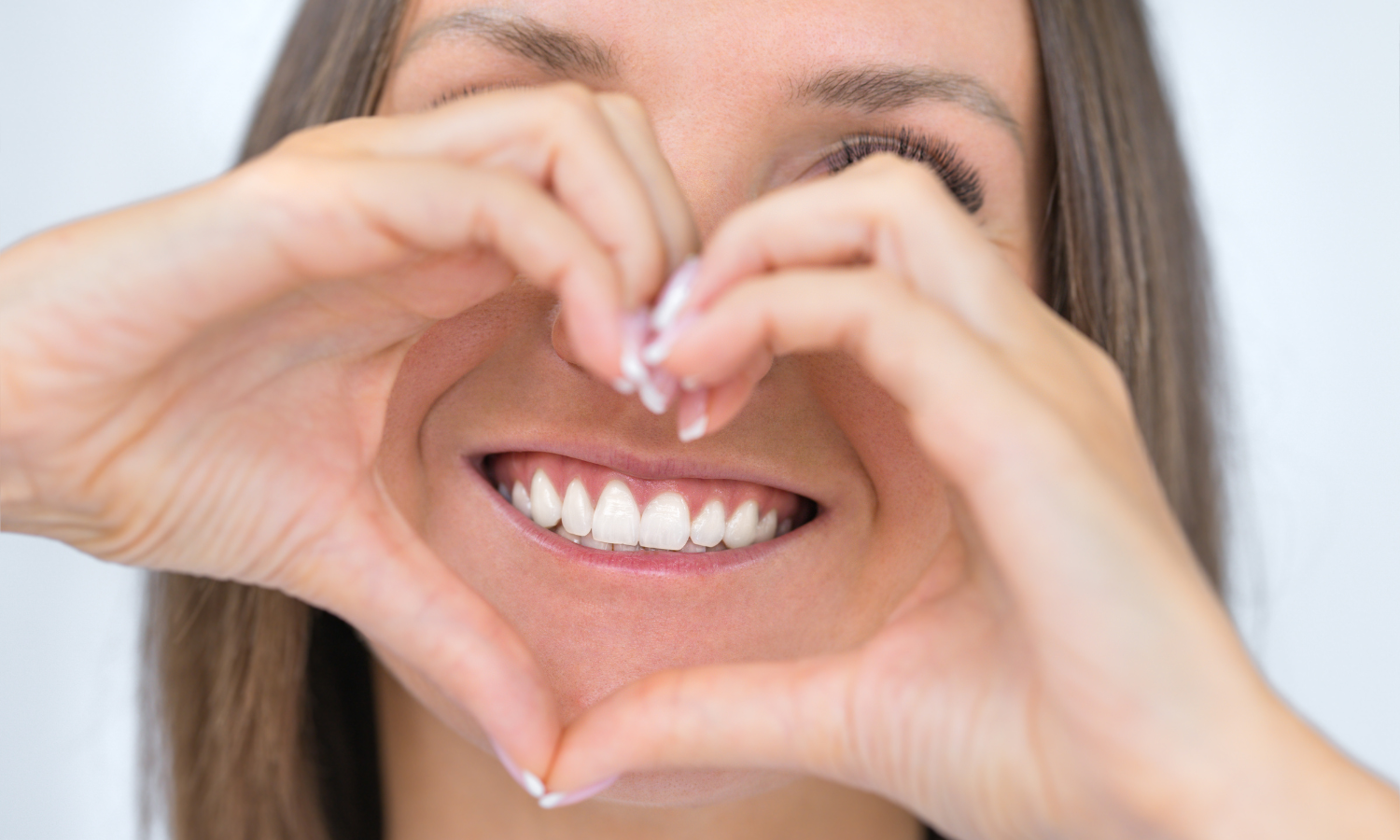Your cart is currently empty!
A bright, white smile is often seen as a hallmark of good health and confidence. With numerous teeth whitening options available, you might wonder whether to opt for professional treatments at the dentist’s office or try over-the-counter (OTC) products at home. This article explores the differences between these two approaches to help you make an informed decision.
Understanding Teeth Whitening
Teeth whitening involves removing stains and discoloration from the teeth to enhance their appearance. Discoloration can be extrinsic (surface stains from foods, drinks, or smoking) or intrinsic (deep stains caused by aging, trauma, or medication). The effectiveness of whitening treatments largely depends on the type of stains and the whitening method used.
Professional Teeth Whitening
What It Is
Professional teeth whitening is performed by a licensed dentist using high-concentration bleaching agents. The two main types are:
- In-Office Whitening: A rapid procedure that can whiten teeth several shades in a single visit.
- Take-Home Kits Provided by Dentists: Custom-fitted trays and professional-grade whitening gel for at-home use.
Advantages
- Customized Treatment: Dentists tailor the procedure to your specific needs, considering factors like tooth sensitivity and the extent of discoloration.
- Faster Results: In-office treatments can deliver noticeable results in about an hour.
- Safety Measures: Protective barriers and careful application minimize gum and tooth sensitivity.
- Effectiveness: Higher concentrations of bleaching agents can remove deeper stains.
Disadvantages
- Cost: Professional treatments are more expensive, ranging from $300 to $1,000 or more.
- Potential Sensitivity: Despite precautions, some people may experience temporary tooth or gum sensitivity.
- Time Commitment: In-office treatments require scheduling appointments, which may not be convenient for everyone.
Over-the-Counter Products
What They Are
OTC whitening products are readily available at pharmacies and supermarkets. They include:
- Whitening Strips: Thin, flexible strips coated with a peroxide-based gel.
- Whitening Toothpastes: Contain mild abrasives and low concentrations of bleaching agents.
- Whitening Gels and Pens: Applied directly to the teeth using a brush or pen applicator.
- Whitening Mouthwashes: Contain small amounts of hydrogen peroxide to gradually whiten teeth.
Advantages
- Affordability: Prices typically range from $10 to $50, making them accessible to most budgets.
- Convenience: Easy to purchase and use at home without a dentist’s supervision.
- Variety: Multiple products cater to different preferences and lifestyles.
Disadvantages
- Lower Effectiveness: OTC products contain lower concentrations of bleaching agents, making them less effective on deep stains.
- Longer Time to See Results: It may take weeks or months to notice significant changes.
- Generic Fit: One-size-fits-all products may not cover all teeth evenly, leading to inconsistent whitening.
- Potential for Misuse: Without professional guidance, there’s a risk of overuse or incorrect application, which can cause sensitivity or gum irritation.
Comparing the Two Options
| Feature | Professional Whitening | Over-the-Counter Products |
|---|---|---|
| Effectiveness | High | Moderate to Low |
| Speed of Results | Immediate | Gradual |
| Cost | High | Low |
| Customization | Personalized | Generic |
| Safety Measures | Professionally Monitored | User-Dependent |
| Convenience | Requires Appointment | At-Home Use |
Factors to Consider When Choosing
- Severity of Discoloration: Deep, intrinsic stains may require professional treatment for effective results.
- Budget Constraints: OTC products are more budget-friendly but may offer limited results.
- Time Availability: If you need quick results for an upcoming event, professional whitening is the better option.
- Sensitivity Issues: Those with sensitive teeth may benefit from a dentist’s supervision to minimize discomfort.
- Lifestyle and Habits: Smokers or frequent consumers of staining foods might require stronger treatments.
Safety Considerations
- Consult a Dentist First: Before starting any whitening regimen, it’s wise to consult a dental professional to assess your oral health.
- Follow Instructions Carefully: Whether using professional kits or OTC products, adhere strictly to the usage guidelines.
- Monitor for Adverse Effects: Discontinue use and consult a dentist if you experience significant sensitivity or gum irritation.
Maintaining Your Whiter Smile
- Practice Good Oral Hygiene: Brush twice daily and floss regularly to prevent new stains.
- Avoid Staining Substances: Limit intake of coffee, tea, red wine, and tobacco.
- Regular Dental Check-Ups: Routine cleanings help maintain oral health and the brightness of your teeth.
- Use a Straw: When consuming staining beverages, using a straw can reduce contact with your teeth.
Conclusion
Both professional teeth whitening and over-the-counter products have their merits and drawbacks. Professional treatments offer faster and more significant results but come at a higher cost. OTC products are more affordable and convenient but may require more time and may not achieve the desired level of whitening.
Your choice should depend on your specific needs, budget, and how quickly you want to see results. Always consider consulting with a dental professional to determine the most suitable and safe option for achieving the bright, confident smile you desire.
Disclaimer: This article is for informational purposes only and does not constitute medical advice. Please consult a dental professional for personalized recommendations.

